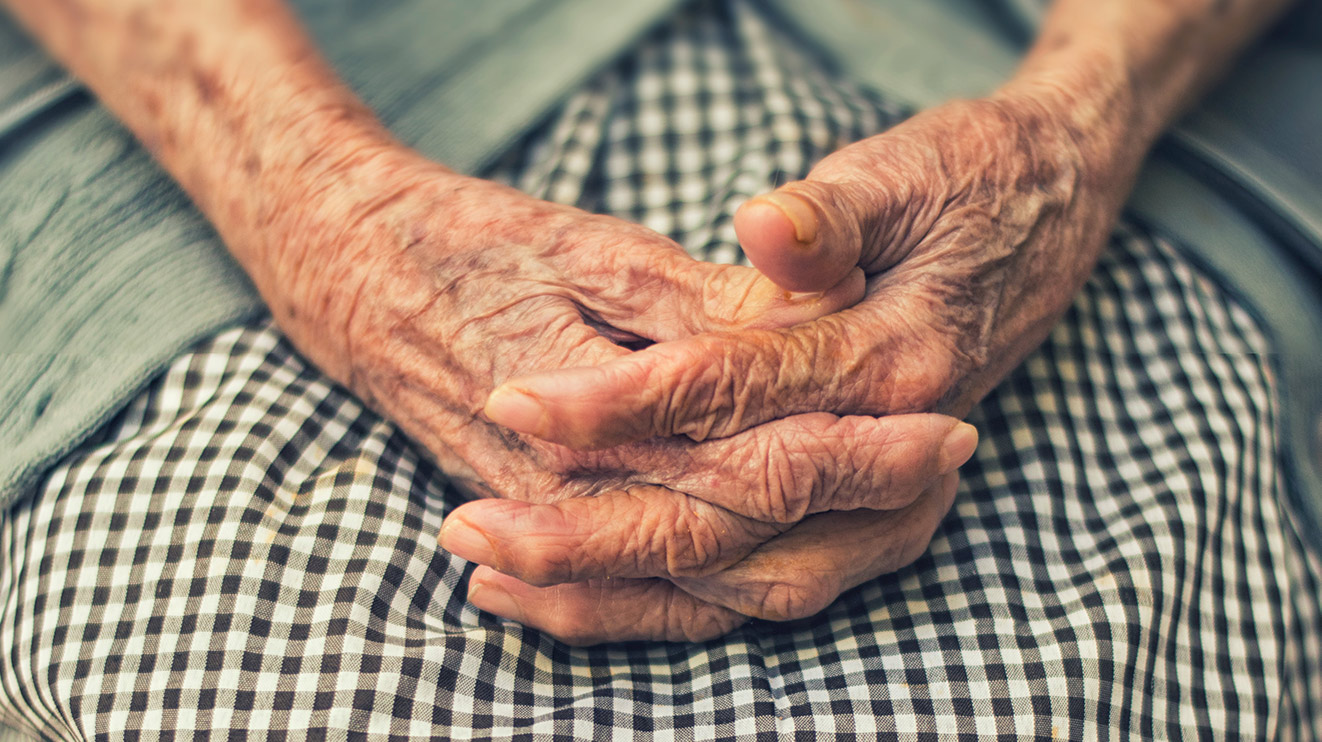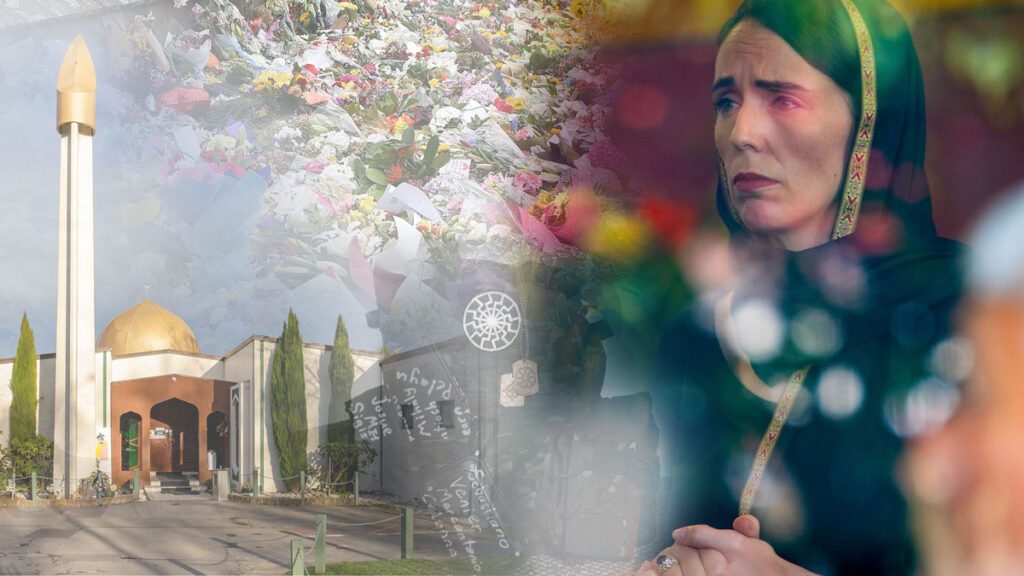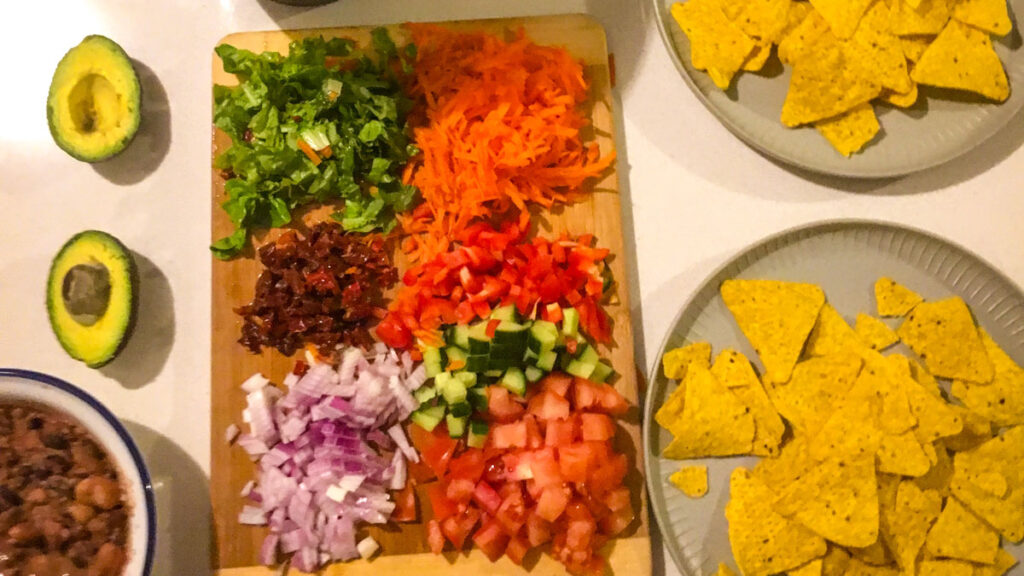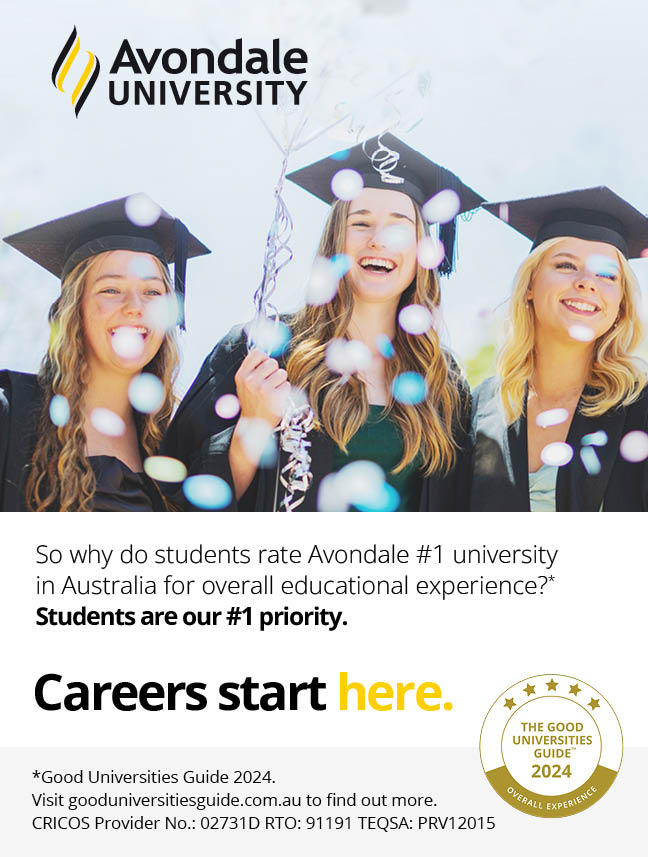Last year, I received a flu shot for the first time ever. I didn’t do this because I had a sudden fear of contracting the seasonal malady—with social distancing across last year, it was significantly less likely—but because, amid the regulations around the COVID-19 pandemic, it became a requirement for volunteering at the local AdventCare aged care home. As restrictions have allowed, I have been taking occasional worships or leading in their in-house church pro-grams, and I wanted to continue to do this as a small act of service and to interact with these older and valued members of our Warburton church and community.
It made sense as a public health rule and didn’t seem a big deal—until I talked to the chaplain at the aged care home and then to chaplains at a couple of other Adventist aged care facilities around Australia. They reported that more than half of their regular volunteers had dropped off their rosters, a number of pastors who would otherwise have been visiting older church members were no longer coming and even some Adventist families refused to visit their family members, all because of their unwillingness to have the flu vaccine.
“If you make something like this mandatory, some people will resist,” commented one chaplain. “But this isn’t a logical stance. This is for the health of our residents and our community. Staff who are non-Adventists are puzzled by the Adventists’ reluctance to cooperate with this simple health requirement and it is embarrassing to try to explain it to them.”
Enough of this nonsense! When our suspicion, fear and self-concern get in the way of caring and ministering, we have a problem. The past year has been a fevered breeding ground for conspiracy thinking, with tragic results for the Church and for the wider world. But we are called to live higher, to be rational and disciplined in our thinking, to reject fear and choose love (see 2 Timothy 1:7).
Jesus taught that the second great commandment was to “Love your neighbour as yourself” (Matthew 22:39). He said this is equally as important as loving God and the whole of our faith hangs on these two commands. If a needle is a small part of loving our neighbour, particularly when serving the elderly and vulnerable, this isn’t a hard question. For all of us—pastors caring for the wellbeing of those they minister to as their job, and the rest of us in whatever context we serve and interact—basic public health precautions should be a bare minimum.
A few weeks ago, I was offered the COVID-19 vaccine as a volunteer in aged care. Not to “jump the queue”, not that I am fond of needles, not because I am overly concerned about the virus for my own health—although I know a number of people my age around the world who have been hospitalised because of it—but so that I can continue to serve as safely and fully as possible, I lined up for the vaccine. Even if there is a small risk to me,* this risk is worth taking to protect and care for others and contribute to the greater wellbeing of our community.
I wish the curious questions people in our communities asked about Adventists were about the risks we take to love others, not the fear we swallow and spread. I wish those who traffic in conspiracies and misinformation were held accountable for the real damage they do. I wish we would choose to love others first—the core, righteous business of the kingdom of heaven (see Matthew 6:33)—and trust God to take care of the rest of our lives.






